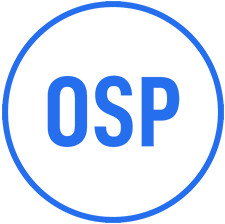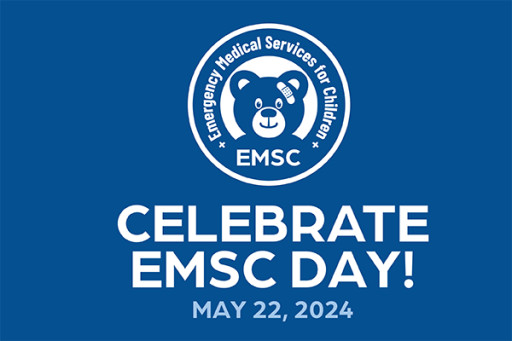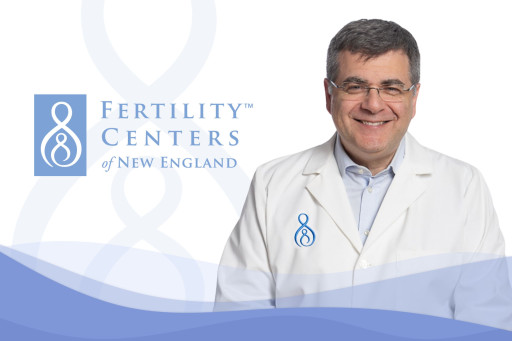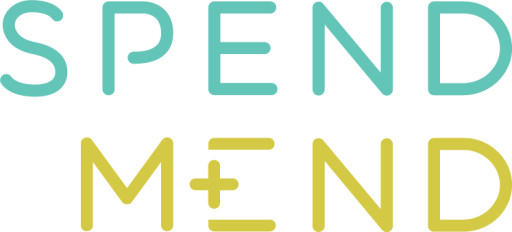
OSP Celebrates Recognition as a Great Place to Work

 OSP has received the prestigious ‘Great Place to Work’ certification by its global authority.
OSP has received the prestigious ‘Great Place to Work’ certification by its global authority.

OSP
OSP, a leading innovator in the healthcare industry, is thrilled to announce its official certification as a ‘Great Place to Work.
IRVING, Texas, June 14, 2024 (Newswire.com)
–
OSP, a leading innovator in the healthcare industry, is thrilled to announce its official certification as a ‘Great Place to Work.’ This prestigious recognition highlights OSP’s unwavering commitment to promoting an exceptional workplace culture that empowers employees to thrive.
The Great Place to Work certification is a highly respected designation that OSP has earned through a rigorous evaluation process. This process includes an employee survey that measures key aspects of company culture, such as credibility, respect, fairness, camaraderie, and pride. It’s a testament to OSP’s dedication to creating a positive and trusting work environment.
Earning this certification signifies a significant accomplishment for OSP. “This is a proud moment for our entire company,” says Riken Shah, the CEO of OSP. “It reflects the collective effort we’ve invested in building a workplace where innovation, collaboration, and mutual respect are core values. We’re dedicated to fostering an environment where our employees feel valued, supported, and empowered to reach their full potential.”
OSP’s achievement as a ‘Great Place to Work’ stems from its commitment to several key initiatives. The company’s work environment prioritizes collaboration and open communication. This approach helps create a supportive atmosphere where employees feel comfortable sharing ideas and working collectively towards achieving shared objectives. Comprehensive training programs and opportunities for career advancement further evidence the company’s commitment to employee development.
The company acknowledges the importance of a healthy work-life balance for its employees. The company’s offerings, such as flexible work arrangements and competitive benefits packages, reflect this recognition. OSP’s focus extends to employee well-being, creating a holistic approach to employee satisfaction. Furthermore, the company implements a program for recognizing and rewarding employee achievements, fostering a sense of purpose and motivation within the team.
‘Great Place to Work’ is not just an award; it’s a promise to OSP’s employees. The company remains dedicated to maintaining and enhancing its positive workplace culture. “We are always striving to improve,” says Riken, “and this certification motivates us to continue innovating and setting the bar even higher for employee satisfaction.”
Learn more about OSP’s recognition as a Great Place to Work at
https://www.osplabs.com/newsroom/osp-achieves-esteemed-great-place-to-work-certification/
About OSP
OSP is a leading healthcare technology provider, offering customized solutions to US healthcare providers, payers, insurers, independent software vendors, and medical device companies. Our core services include healthcare consulting, enterprise application, healthcare solutions enhancement, and dedicated quality assurance.
Learn more about us at https://www.osplabs.com
Contact Information:
Malcolm Ferns
Communications
+1 410 695 3687
Original Source:
OSP Celebrates Recognition as a Great Place to Work
The post OSP Celebrates Recognition as a Great Place to Work appeared first on AESTHETIC NEWS.










